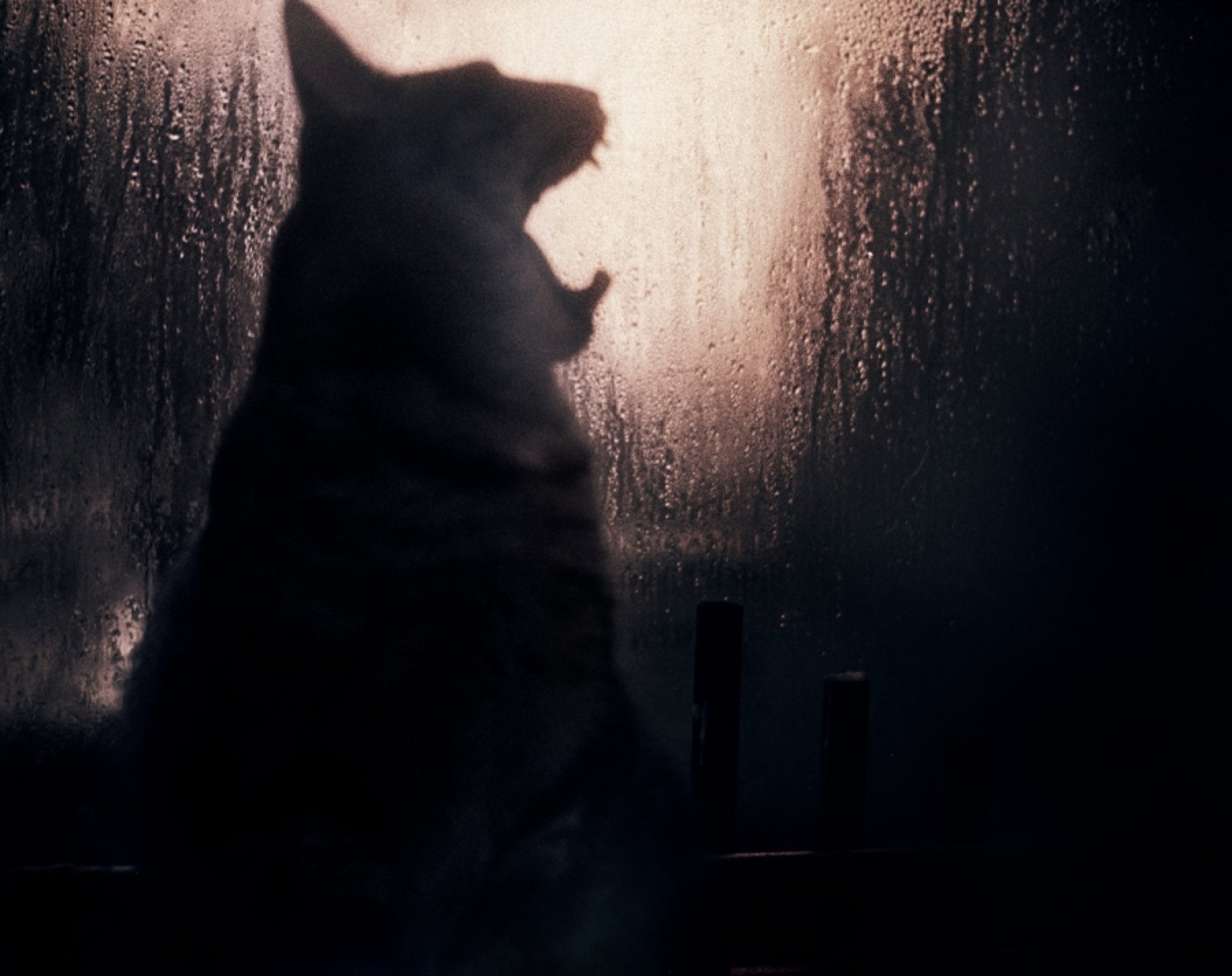
Photo by Alexander Missen
The Kitler
By Amina Gautier
On Valentine’s Day, her boyfriend of six weeks gifted her with a cat. The cat was mostly white, except for the black upper portion of its face and a square black splotch above its lip that made it look like Adolf Hitler. Though her boyfriend pretended not to see the uncanny resemblance, there was no denying it. She thanked him, although she didn’t know what to do with the cat, how to care for it—she’d never owned a pet before, not even a goldfish. As soon as he left, she typed “cat” and “Hitler” into a Google search; up sprang a plethora of images—a website even—devoted to cats that looked like Hitler. Kitlers, they were called. She was now the reluctant owner of a Kitler.
She watched the Kitler closely, but it mostly slept, waking only when she played the Police’s “Message in a Bottle” while making her morning coffee. When Sting got to the part about sending out an SOS, it lifted its furry head, twitched its ears, and stared plaintively, ready to help.
Two weeks after giving her the Kitler, her boyfriend came over unannounced. He accused her of seeing other men, using her absence at their morning workouts as proof. Waking up early to hit the gym had never really been her thing; she’d been there only because of a New Year’s resolution. Since receiving the cat, she awakened each day to find it curled atop the blankets, warming her feet. She couldn’t rise without dislodging it and the Kitler liked to sleep late, which—to her—seemed as good a reason as any to skip the gym.
Her boyfriend didn’t believe her. There was someone else; he just knew it. He raised his voice. He shook her, and the Kitler wound itself around her feet and vocalized, emitting a keening sound that was a cross between a yowl and a mewl, a yewl. (She’d heard that cats were aloof, but her Kitler was surprisingly compassionate, protective.) He told her to shut the cat up, but the cat was a free spirit—there was no stopping the noise. She told him it was over and asked him to leave; she didn’t like to be accused and she didn’t like to be shaken. He apologized. He wasn’t this kind of guy at all. Loving her made him crazy. It would never happen again. If only she would reconsider.
She would not.
“Just one thing,” he said before leaving. “What did you name this cat? You owe me that at least. I bought it for you.”
“I haven’t named it yet,” she said. “I’m not sure I will.”
She couldn’t have explained it to him, but naming the cat hadn’t seemed necessary. Whenever she needed it, it was there. It defended her, protected her, and kept her feet toasty warm at night. She and the Kitler had something deeper, better than names. Between them they needed no names; they understood each other perfectly.
Enjoy this story? Subscribe to the Oxford American.


